Here we present a selection of Hiroshima travel essentials. There are endless sightseeing spots that will appeal to all kinds of visitors. From historical sights to seasonal events, Hiroshima has plenty of variety.
Getting around the city is a breeze, with tours and routes that can easily be managed on foot, making Hiroshima ideal even for a day trip.
When is the best time to visit Hiroshima?
Different ways to enjoy Hiroshima depending on the season

Facing the calm Seto Inland Sea with the Chugoku mountains in the background, Hiroshima offers many seasonal recreational spots. The average temperature from July to September, the hottest months in Hiroshima, is 26.8°C, while the average temperature from December to February, the coldest, is 6.4°C. It rains relatively little on the Seto Inland Sea side, with many sunny days and generally mild weather.
- The number of rainy days tends to be lower than the average in Japan, except in the rainy season of June and July.
- August is the hottest month of the year, with an average temperature of 28.5°C. If you want to visit the Peace Memorial Park for its commemoration of the atomic bomb victims, plan your visit for the 6th of August, which marks the anniversary of the end of World War II.
- April and May are great months for tourism thanks to the comfortable climate at that time of year. You can also enjoy the autumn leaves in October and November, especially at Miyajima, or taste delicacies of the Seto Inland Sea during the oyster season from late February to early March.
Basic information on Hiroshima
Points to keep in mind before travelling
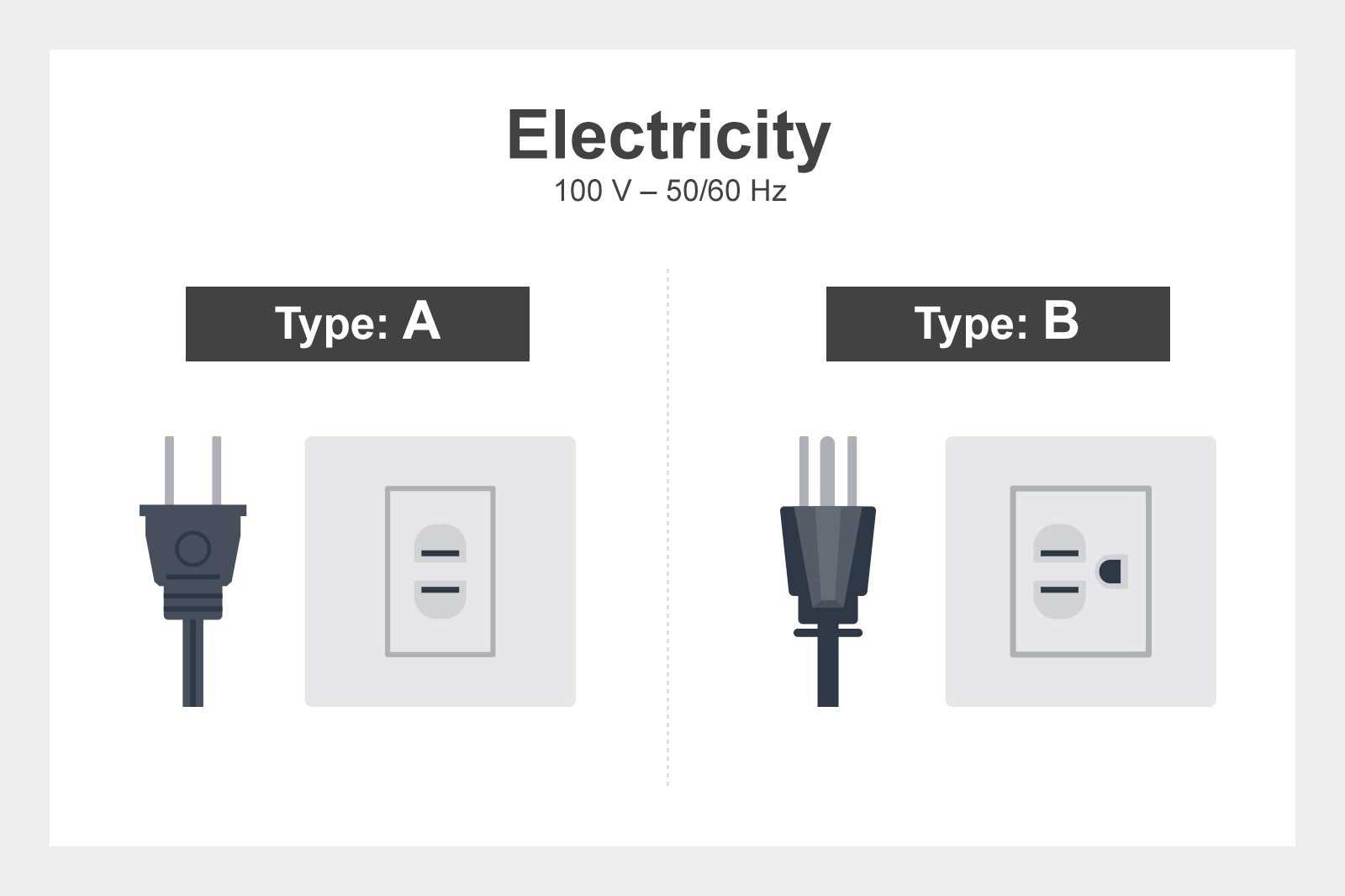
- Plug type: A / B
- Voltage: 100 V
- Currency: Yen (¥)
- International dialling code: +81
- Emergency call number: 110 (police) / 119 (firefighting) / 118 (sea)
Se også
- 10 Best Places to Go Shopping in Hiroshima

10 Best Places to Go Shopping in Hiroshima
Japan - 10 Best Places in Hiroshima for Family Trips
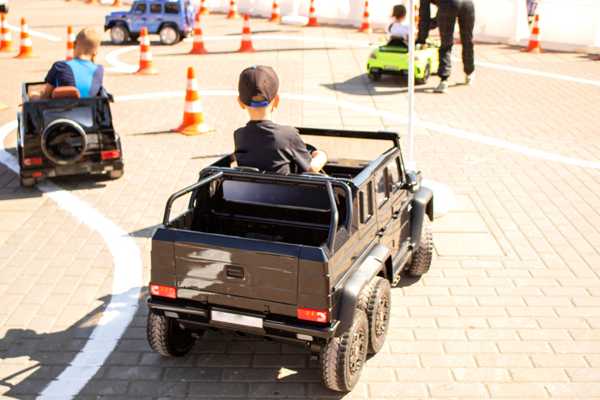
10 Best Places in Hiroshima for Family Trips
Japan - 10 Best Things to Do in Hiroshima

10 Best Things to Do in Hiroshima
Japan
Getting to accommodation facilities in Hiroshima
Getting to everywhere from distant to nearby areas

There are many choices of accommodation in Hiroshima City, depending on your budget and where you want to be. Here are some options for convenient transport to the city centre.
- To visit by plane, use Hiroshima Airport. From the airport, you can take a limousine bus (shuttle bus) or car to Hiroshima City in about 40 minutes. Rental cars are available at the airport.
- If you're travelling by train, Hiroshima Station is the main entrance to the city and connects both Shinkansen and local trains lines. You can get directly to accommodations near the station, but public transport means you can also quickly access places to stay away from the station.
- From Hiroshima Port, which operates ferries that connect with Ninoshima, Miyajima, Edajima, Kure, and Matsuyama, you can take trams or buses to the city centre.
Getting around in Hiroshima
From city walks to sightseeing on remote islands

With a variety of transport available both by land and by sea, Hiroshima gives visitors access to a wide range of sightseeing spots.
- While taking a local train is a good option for exploring the city, a nostalgic ride on one of the many tram services is a fun alternative. The City Line has a flat fare of ¥190 for adults and ¥100 for children, while the Miyajima Line has a block fare system. You can also use prepaid transport cards like Hiroshima's own PASPY, ICOCCA, Suica, and PASMO.
- You could also take a ferry cruise from Hiroshima Port to travel to famous destinations like Miyajima and Kure.
- Taxis and buses are also good options for getting to nearby places. Hiroshima stretches long from east to west, so it’s a good idea to take the bullet train or rent a car if you're visiting areas far from the city centre.
Hiroshima's famous event
Double the fun of your trip with seasonal events

There are plenty of seasonal events held in Hiroshima, so you might want to plan your trip accordingly. Such events are a great way to enjoy unique local experiences outside of sightseeing.
- If you're visiting during Golden Week (a week of national holidays in May), Hiroshima Flower Festival is a must-see event held on the 3rd, 4th, and 5th of May. It's a popular event especially for families and is one of the most heavily attended flower festivals in Japan. Main events include the flower parade on 3rd May and the Kinsai YOSAKOI Parade on the 5th.
- If you're here for the summer, don't miss the Miyajima Water Fireworks Festival. The fireworks are lit on a floating boat 400 metres offshore and then thrown into the water, producing a display on the surface of the sea. These beautiful fireworks with their reflections are truly spectacular. For a perfect day out, watch the display after visiting Itsukushima Shrine.
- If you're travelling during the autumn holidays, Saijo Sake Festival will be an unforgettable experience where you can taste and compare different types of local sake (Japanese rice wine). This is a big event held every year from the 1st to 31st of October in Higashihiroshima City, known as the capital of sake. Besides sake tasting and sake sweets, you can even enjoy the fireworks at the grand finale.
Hiroshima's main tourist attractions
Feel the history of Hiroshima in scenic spots and a World Heritage Site

Hiroshima Peace Memorial Museum
Located in Hiroshima Peace Memorial Park, Hiroshima Peace Memorial Museum is a must-see. It was established to explain the tragedy of war and as a warning to the future so that the same events will not be repeated. In the exhibit, you'll find displays of atomic bomb materials, relics, and testimonies. In 2016, former U.S. President Barack Obama visited the museum.
Peace Memorial Park
As you walk northward through the park while looking at the numerous monuments, you'll find the Atomic Bomb Dome, officially known as the Hiroshima Peace Memorial. It's a UNESCO World Heritage Site and is not only a memorial reminder to the horrors of war but also a symbol of reconstruction.
Hiroshima Castle
If you're interested in more ancient history, this is the place for you. Hiroshima Castle was built in 1589 and restored in 1958 after it having been destroyed by the atomic bomb. In the castle tower, located in the centre of the surrounding moat, you can enjoy historical exhibits, a panoramic view, and the experience of wearing a yoroi kabuto (a samurai helmet) or costume from that era. It's sure to be an unforgettable visit.
Shukkeien
If you get tired of the crowds, take a leisurely stroll at Shukkeien. This garden is located next to the Hiroshima Prefectural Museum and was originally built as a villa of the feudal lord of Hiroshima. Take a walk through the various landscapes arranged around the central pond and feel the serenity of the garden, pausing at the teahouse for a break.
Denne artikel indeholder meninger fra Go Guides’ redaktion. Hotels.com kompenserer skribenter for tekster, som fremgår på denne side. Kompensationen kan inkludere rejser og andre omkostninger.
Planlæg din næste rejse
Her kan du overnatte i Hiroshima
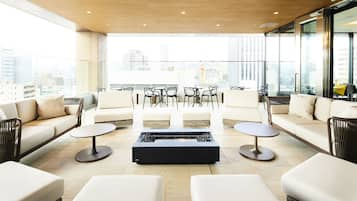
Hotel Intergate Hiroshima

Candeo Hotels Hiroshima Hatchobori
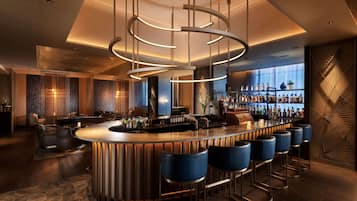
Hilton Hiroshima
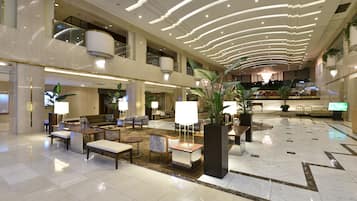
Hotel Granvia Hiroshima

Hiroshima Washington Hotel
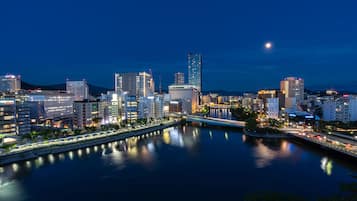
The Royal Park Hotel Hiroshima RiverSide

THE KNOT Hiroshima
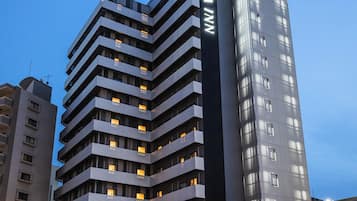
Sotetsu Fresa Inn Hiroshima
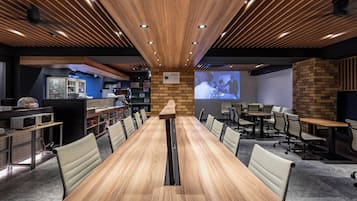
Trust Hotel
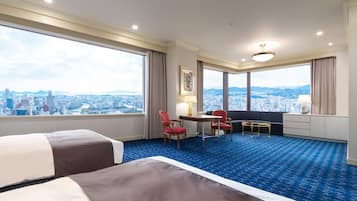
RIHGA Royal Hotel Hiroshima
Relaterede artikler
- 10 Best Places to Go Shopping in Hiroshima

10 Best Places to Go Shopping in Hiroshima
Japan - 10 Best Places in Hiroshima for Family Trips

10 Best Places in Hiroshima for Family Trips
Japan - 10 Best Things to Do in Hiroshima

10 Best Things to Do in Hiroshima
Japan - Itsukushima Shrine and Miyajima Gate

Itsukushima Shrine and Miyajima Gate
Japan - 10 Best Local Dishes from Hiroshima

10 Best Local Dishes from Hiroshima
Japan - 10 Best Things to Do for Couples in Hiroshima
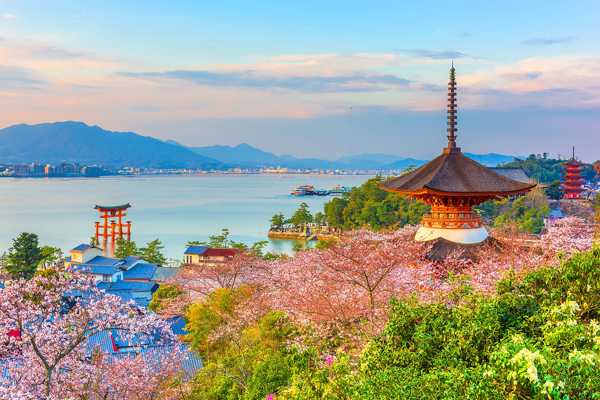
10 Best Things to Do for Couples in Hiroshima
Japan - 10 Things to Do in Hiroshima on a Small Budget
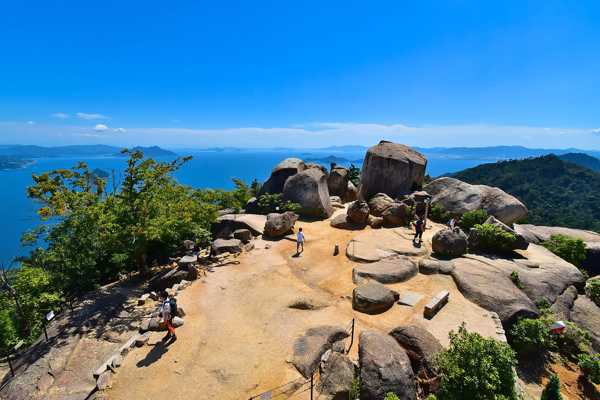
10 Things to Do in Hiroshima on a Small Budget
Japan - 10 Best Shopping Destinations in Hiroshima
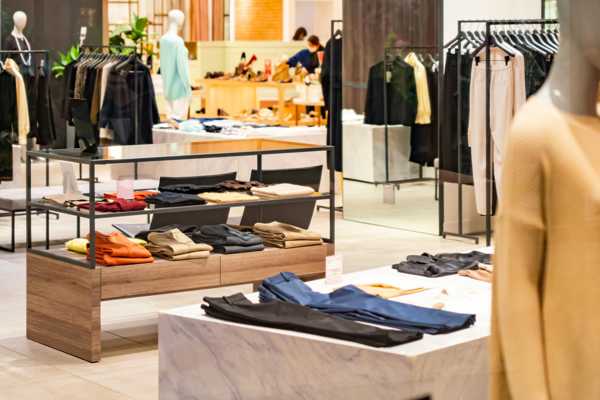
10 Best Shopping Destinations in Hiroshima
Japan
